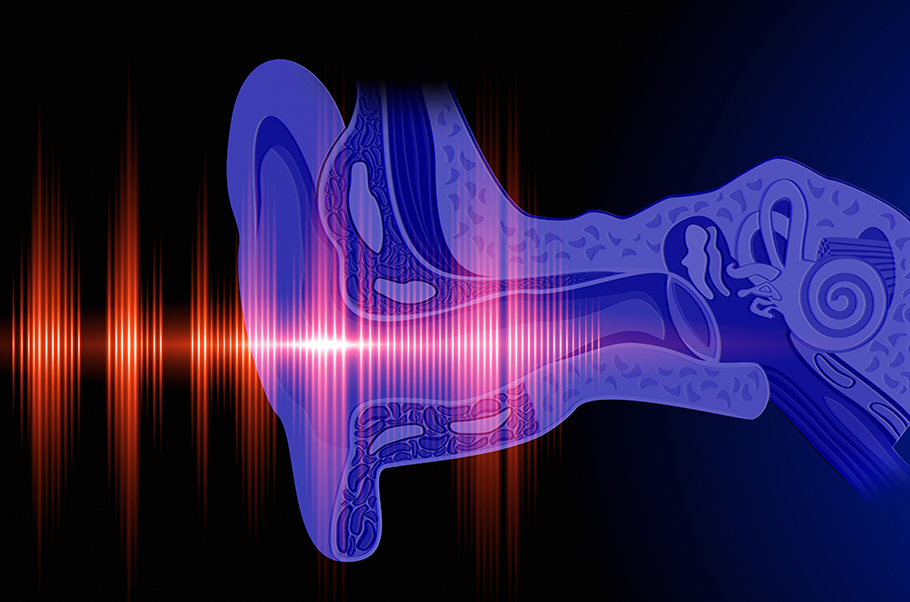sachinchavan 15865
Well-Known Member
@arj, it was precisely my point in discriminating between physical damage and mental discomfort. Let me put it as a pair of following questions:Perhaps the most pertinent point. Distortion is the key word ie in a system with low/insignificant Distortion , you dont even realize the dB going loud but when it starts distorting your ability to stand that music drops drastically. I have this problem with Most PA systems !
a) Distorted sound, say at 70 dB - would it cause physical damage or just mental discomfort?
b) Clear, undistorted sound at 90 dB - would it cause not cause physical damage even though it would be comfortable to listen to?
I'm not sure how a mental/psychological irritation comes into view here. So, skipping that part.
@kratu, I hope the above clarifies what I meant.




